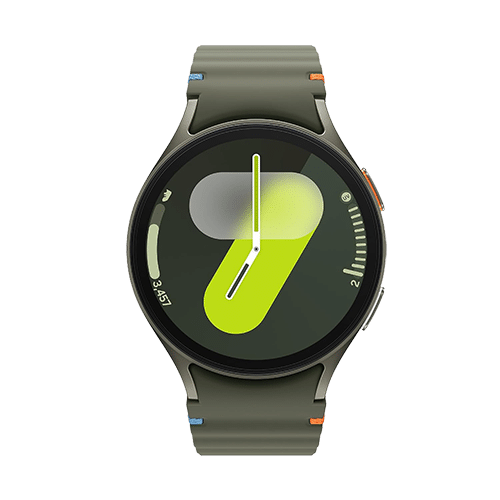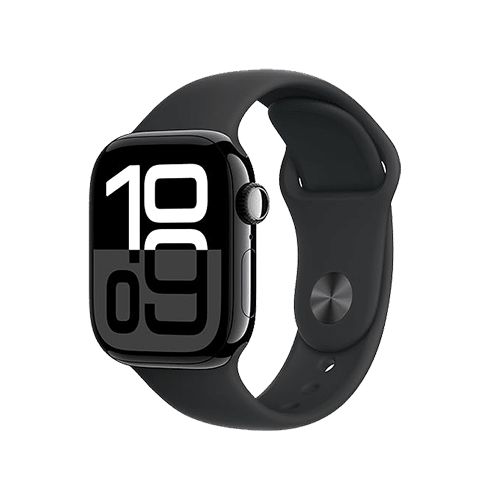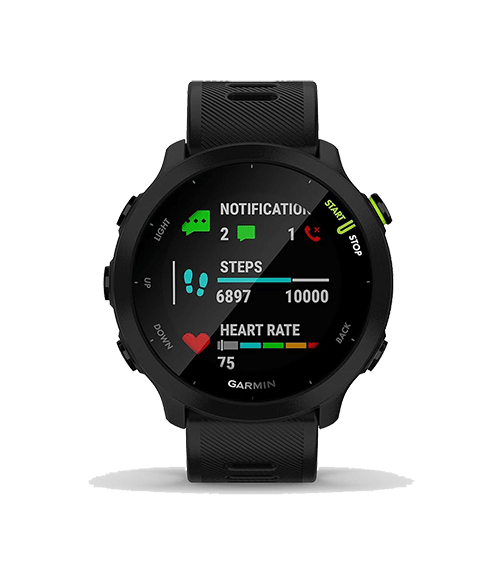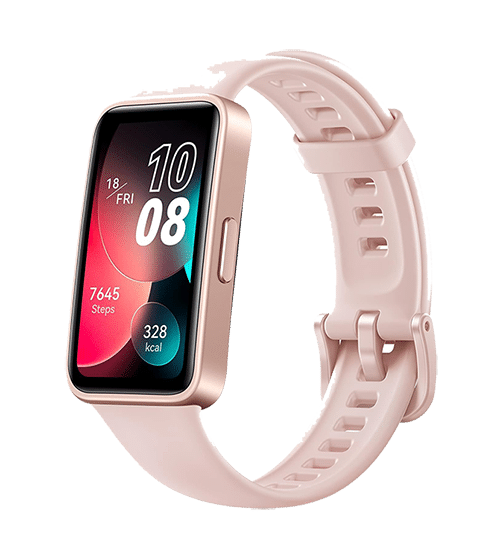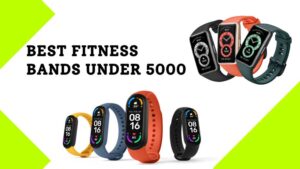In today’s tech-driven world, wearable devices have become essential for tracking health, staying connected, and enhancing productivity. However, when it comes to choosing between a smartwatch and a fitness tracker, many buyers struggle to decide which is the better option. Smartwatch vs. fitness tracker is a common debate, as both devices offer impressive features but cater to different needs. This guide will help you determine which one suits you best.
What is a Smartwatch?
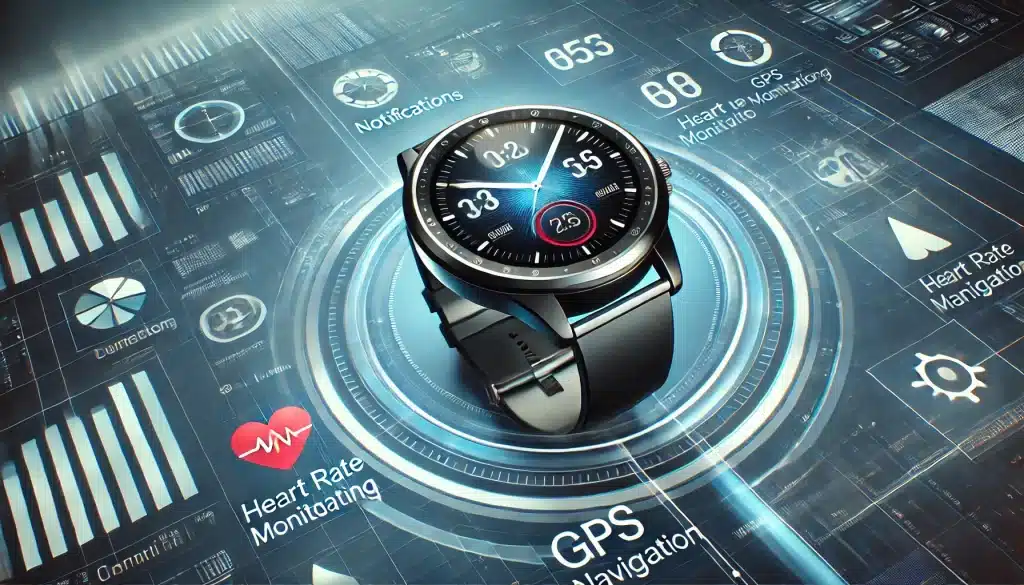
A smartwatch is a multi-functional device that combines the capabilities of a wristwatch, smartphone, and fitness tracker. It offers advanced features such as:
- Smartphone Notifications – Receive calls, messages, and app alerts directly on your wrist.
- Health and Fitness Tracking – Monitor heart rate, sleep patterns, steps, and calories burned.
- Apps and Customization – Download apps, change watch faces, and integrate with smart home devices.
- Music and Payments – Control music playback and make contactless payments using NFC.
- GPS and Connectivity – Built-in GPS for navigation and cellular connectivity in some models.
A smartwatch offers advanced features like smartphone notifications, app integration, and GPS tracking. If you’re looking for the best options, consider the Apple Watch Series 10 or Samsung Galaxy Watch 7, both offering top-tier performance and health tracking.
What is a Fitness Tracker?
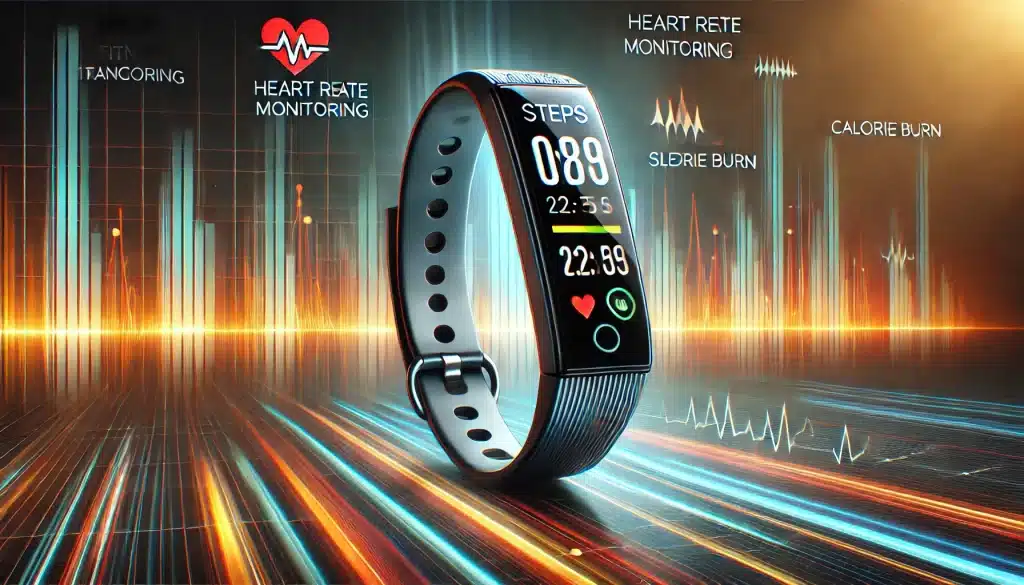
A fitness tracker, also known as an activity band, is designed primarily to monitor health and fitness metrics. Key features include:
- Step Counting and Activity Tracking – Measures daily steps, distance, and calories burned.
- Heart Rate and Sleep Monitoring – Tracks heart rate, sleep cycles, and stress levels.
- Exercise Recognition – Detects various workouts such as running, cycling, and swimming.
- Long Battery Life – Typically lasts longer than smartwatches, often up to two weeks.
- Lightweight and Affordable – More compact and budget-friendly than smartwatches.
If your main goal is fitness tracking without extra smart features, the Fitbit Charge 6, Huawei Band 9 and Garmin Forerunner 55 are great choices with long battery life and accurate health monitoring.
Smartwatch vs. Fitness Tracker: Key Differences
| Feature | Smartwatch | Fitness Tracker |
|---|---|---|
| Primary Purpose | Productivity & Health | Fitness & Health |
| Notifications & Calls | Yes | Limited |
| App Integration | Yes | No |
| Battery Life | 1-7 days | 7-14 days |
| Price | Expensive | Affordable |
| Customization | High | Limited |
| GPS & Connectivity | Yes, in most models | Some models |
Which One Should You Buy?
Your choice depends on your lifestyle and priorities:
- Choose a Smartwatch If: You need a device that keeps you connected, helps with productivity, and offers health-tracking features. Ideal for professionals, tech enthusiasts, and those who want an all-in-one device.
- Choose a Fitness Tracker If: You primarily want to track workouts, monitor health stats, and prefer a lightweight, budget-friendly device. Great for fitness enthusiasts and casual users who don’t need advanced smart features.
If you need a feature-rich device for work and fitness, go for the Apple Watch Series 10. However, if you want a budget-friendly health tracker, the Fitbit Charge 6 is an excellent choice.
Final Thoughts
Both smartwatches and fitness trackers have their own strengths. If you need a feature-rich device with app integration and connectivity, a smartwatch is the way to go. However, if you want a simple, long-lasting wearable focused on health tracking, a fitness tracker is the better choice. Consider your needs, budget, and lifestyle before making your decision.

